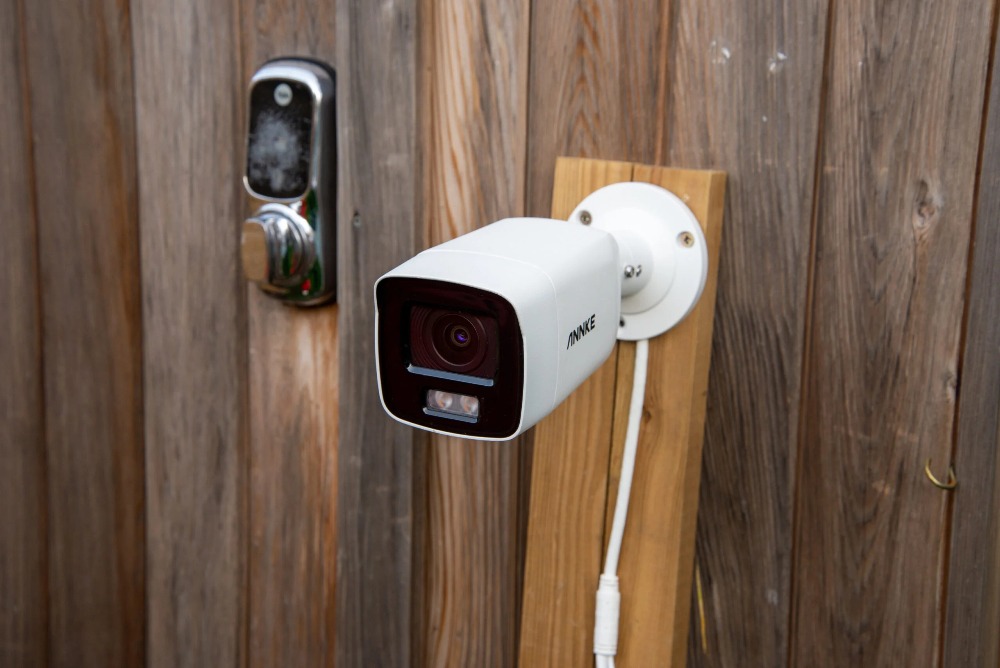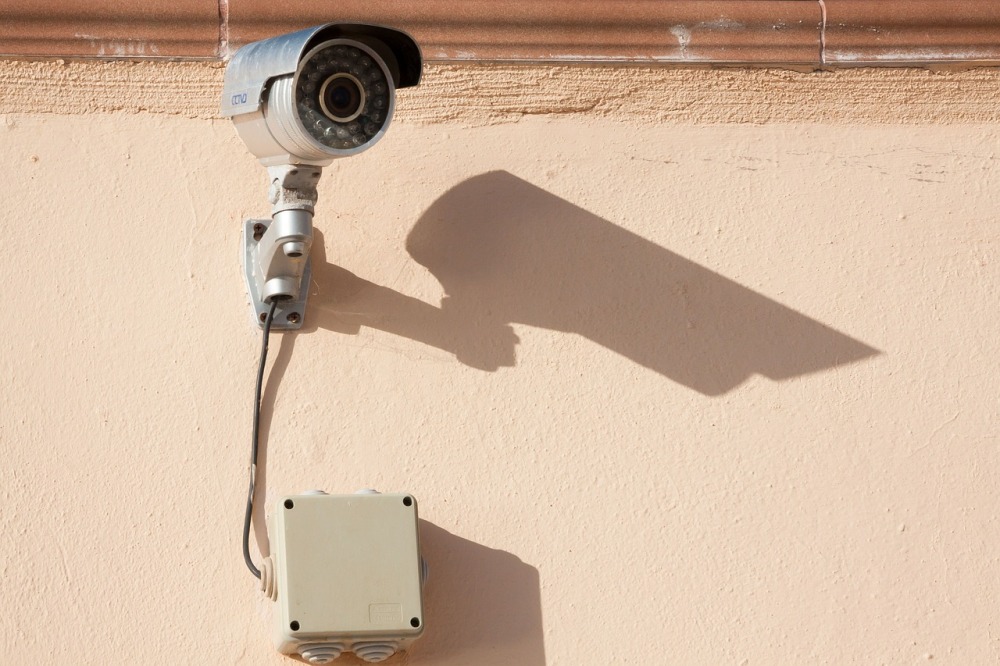
In an era where uncertainty looms and safeguarding our homes is non-negotiable, the quest for reliable security solutions has never been more critical. Amidst the plethora of options, wired home security systems emerge as stalwart protectors, offering not just peace of mind, but a fortress of defense against potential threats. They represent more than mere gadgets; they are the guardians of our sanctuaries, the sentinels of our loved ones’ safety. Join us as we embark on a journey to unravel the intricacies and virtues of wired security systems, understanding why they stand as pillars of protection in an ever-evolving landscape of security challenges.
What are Wired Home Security Systems?
Wired security systems represent a network of interconnected devices designed to monitor and protect your home. Unlike wireless systems that rely on radio frequencies, wired setups use physical wiring to connect various components, ensuring stable communication and enhanced reliability. From sensors to cameras and control panels, each element works in unison to create a formidable defense mechanism against intruders.
Components of Wired Home Security Systems
A typical wired home security system consists of several essential components meticulously designed to ensure comprehensive coverage and functionality. The central control panel acts as the brain of the system, orchestrating communication between sensors, cameras, and other peripherals. Sensors, strategically placed on doors, windows, and entry points, detect any unauthorized access and trigger alerts. Motion detectors supplement this by identifying movement within designated areas, while security cameras provide visual surveillance, allowing homeowners to monitor their property remotely. Finally, a central monitoring station oversees the system’s operations around the clock, promptly responding to any security breaches.
Benefits of Wired Home Security Systems
Wired security systems offer a myriad of benefits that set them apart from their wireless counterparts. Their reliability stems from their hardwired infrastructure, which ensures uninterrupted communication and reduces the risk of signal interference. Unlike wireless systems that may suffer from battery failures, wired setups operate consistently, providing peace of mind without the need for frequent maintenance. Moreover, wired systems seamlessly integrate with other smart home devices, allowing for enhanced automation and control. Despite higher initial costs, their longevity and effectiveness make them a worthwhile investment in the long run.
Installation Process of Wired Home Security Systems
Professional installation is often recommended for wired home security systems to ensure optimal performance and functionality. Trained technicians meticulously handle the installation process, from wiring to configuration, guaranteeing that every component is positioned strategically for maximum coverage. While DIY options exist, the expertise of professionals minimizes the risk of errors and ensures that the system operates seamlessly from the outset. By entrusting the installation to experts, homeowners can rest assured that their property is well-protected with a reliable security solution in place.
Wired vs. Wireless Home Security Systems
While wireless systems offer flexibility, wired setups boast unparalleled reliability and durability. Wired systems are immune to signal interference and battery failures, making them ideal for long-term security needs. Although wireless systems may be easier to install, their reliance on radio frequencies poses inherent risks that wired systems circumvent. When it comes to safeguarding your home and loved ones, the stability and robustness of wired setups make them a superior choice.
Common Misconceptions About Wired Home Security Systems
Despite their advantages, wired security systems are sometimes subject to misconceptions. One prevalent misconception is that they are challenging to install. While professional assistance is recommended, experienced technicians ensure a smooth installation process, guiding homeowners through every step. Another misconception is their perceived lack of flexibility. In reality, wired systems can be customized and expanded to accommodate evolving security needs, ensuring adaptability over time. Additionally, concerns about power outages are addressed with backup batteries, ensuring uninterrupted protection during emergencies.
Integration with Smart Home Devices
One of the standout features of wired security systems is their seamless integration with other smart home devices. From smart locks to lighting controls and thermostats, wired systems offer enhanced convenience and automation. Homeowners can manage their security system alongside other smart devices through a centralized platform, simplifying daily routines and improving overall efficiency. With interconnected technologies, the synergy between security and home automation creates a harmonious living environment that prioritizes safety without sacrificing convenience.
Enhanced Security Features
In addition to their primary function of surveillance, wired home security systems often include advanced features to further bolster protection. Remote access capabilities allow homeowners to monitor their property from anywhere, providing peace of mind while away from home. Real-time alerts notify homeowners of any suspicious activity, enabling swift action to address potential threats. Moreover, video recording features capture crucial footage that can aid in identifying intruders or incidents, enhancing overall security measures. By leveraging these advanced features, homeowners can stay one step ahead of potential risks, ensuring their property and loved ones remain safe and secure.
Conclusion
Wired home security systems represent more than just a collection of devices—they are a comprehensive solution for safeguarding your home and peace of mind. With their reliability, durability, and seamless integration with smart devices, wired setups offer unparalleled protection against intruders and emergencies. By understanding the basics and benefits of wired security systems, homeowners can make an informed decision to invest in a solution that prioritizes safety without compromising on convenience.

FAQs
1. Are wired home security systems difficult to install?
While professional installation is recommended for optimal performance, technicians handle the process seamlessly, ensuring that homeowners are guided through every step. DIY options are available, but professional expertise minimizes the risk of errors and ensures a reliable setup.
2. How do wired systems fare during power outages?
Wired systems incorporate backup batteries, providing uninterrupted operation during power outages. Homeowners can rely on these backup power sources to maintain security and peace of mind, even in emergencies.
3. Can wired systems integrate with other smart home devices?
Yes, wired security systems seamlessly integrate with a wide range of smart home devices, enhancing convenience and automation. From smart locks to thermostats, homeowners can control and monitor their security system alongside other smart devices through a centralized platform.
4. Are wired home security systems cost-effective in the long run?
Despite higher initial costs, wired systems prove to be a cost-effective investment over time. With minimal maintenance requirements and longevity, homeowners can enjoy reliable protection without incurring significant ongoing expenses.
5. Do wired security systems offer comprehensive coverage?
Absolutely. Wired security systems provide extensive coverage, ensuring that every corner of the property is monitored and protected. With strategically placed sensors and cameras, homeowners can rest assured that their property is safeguarded against potential threats from all angles.
